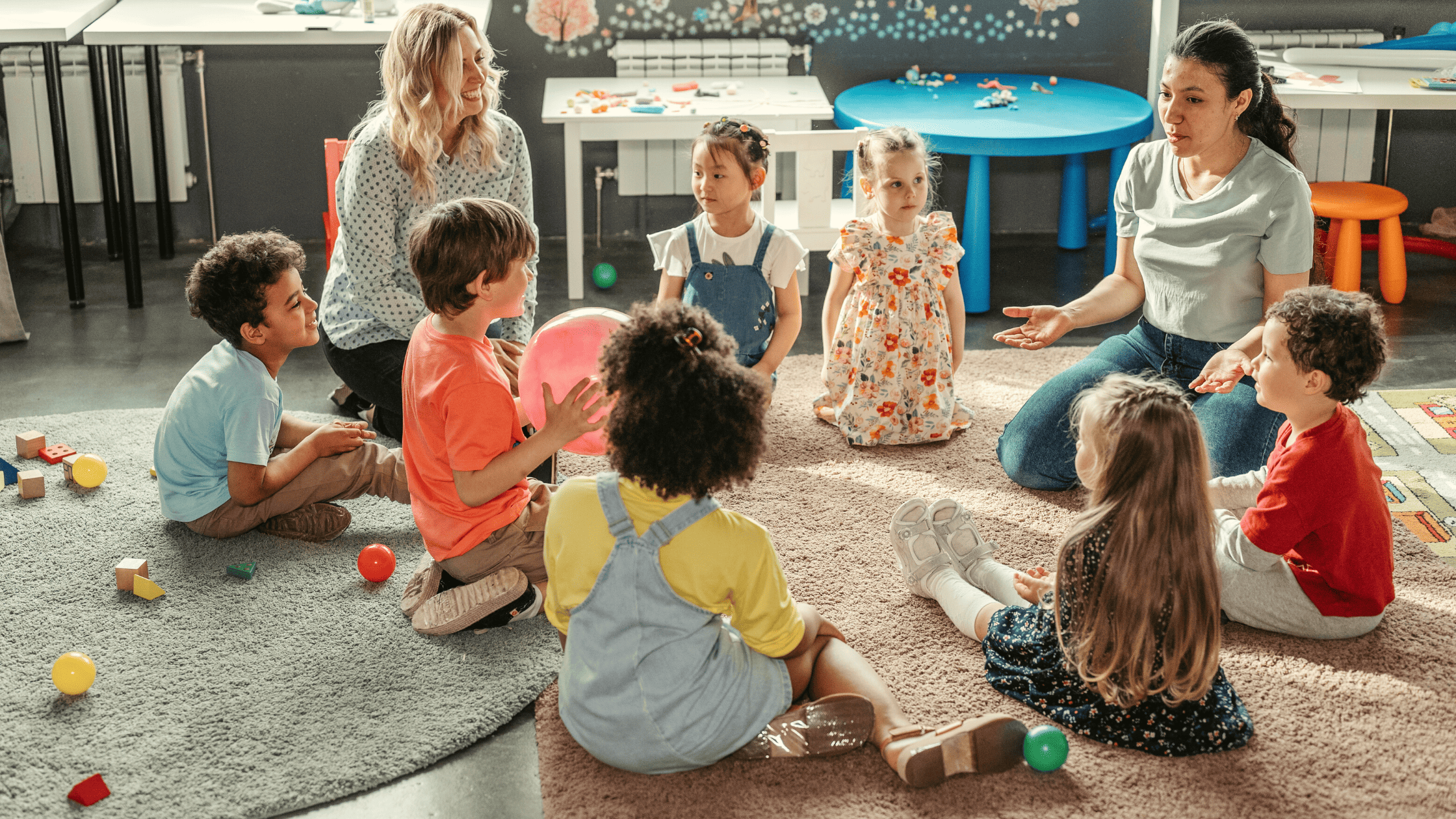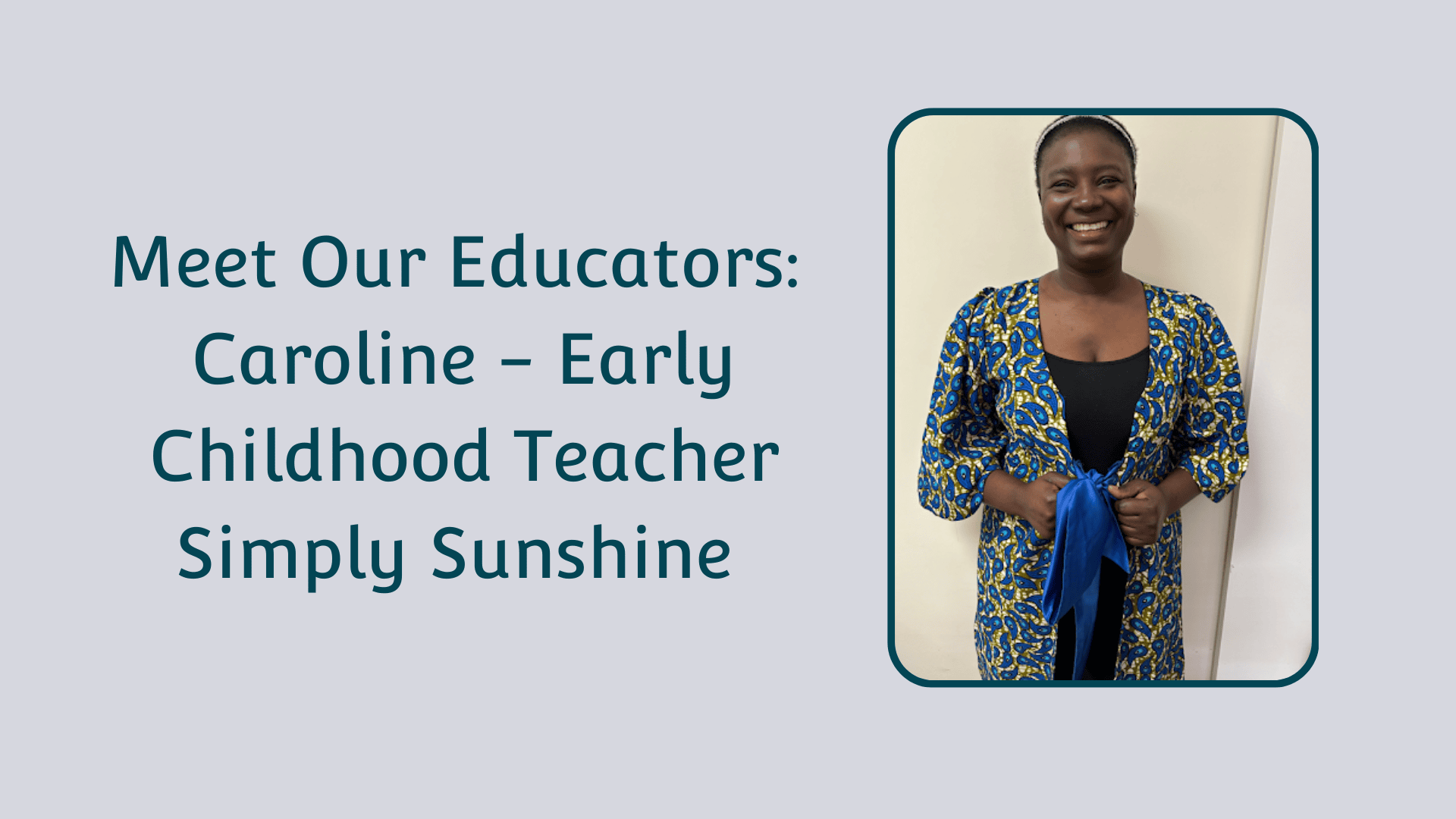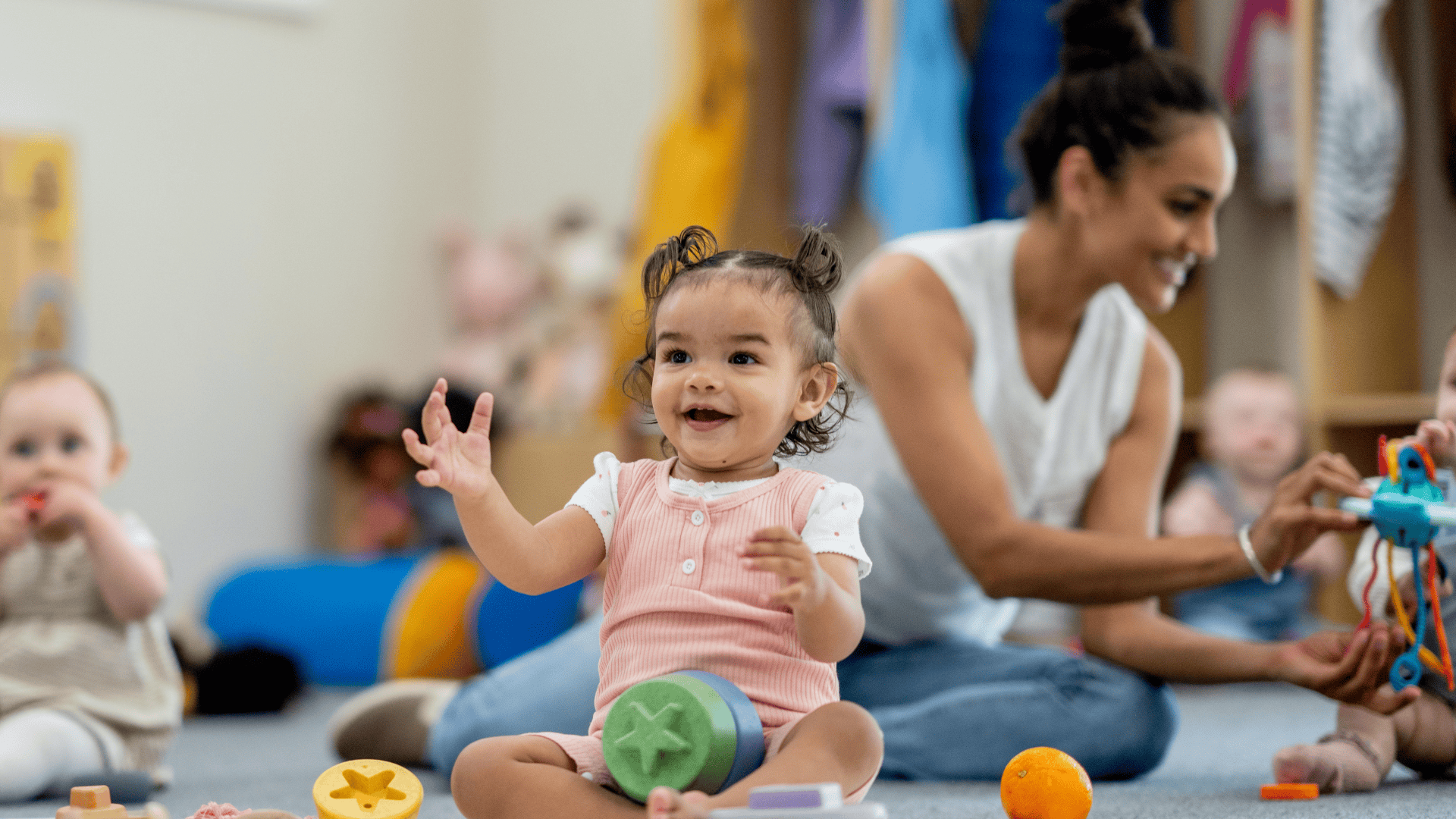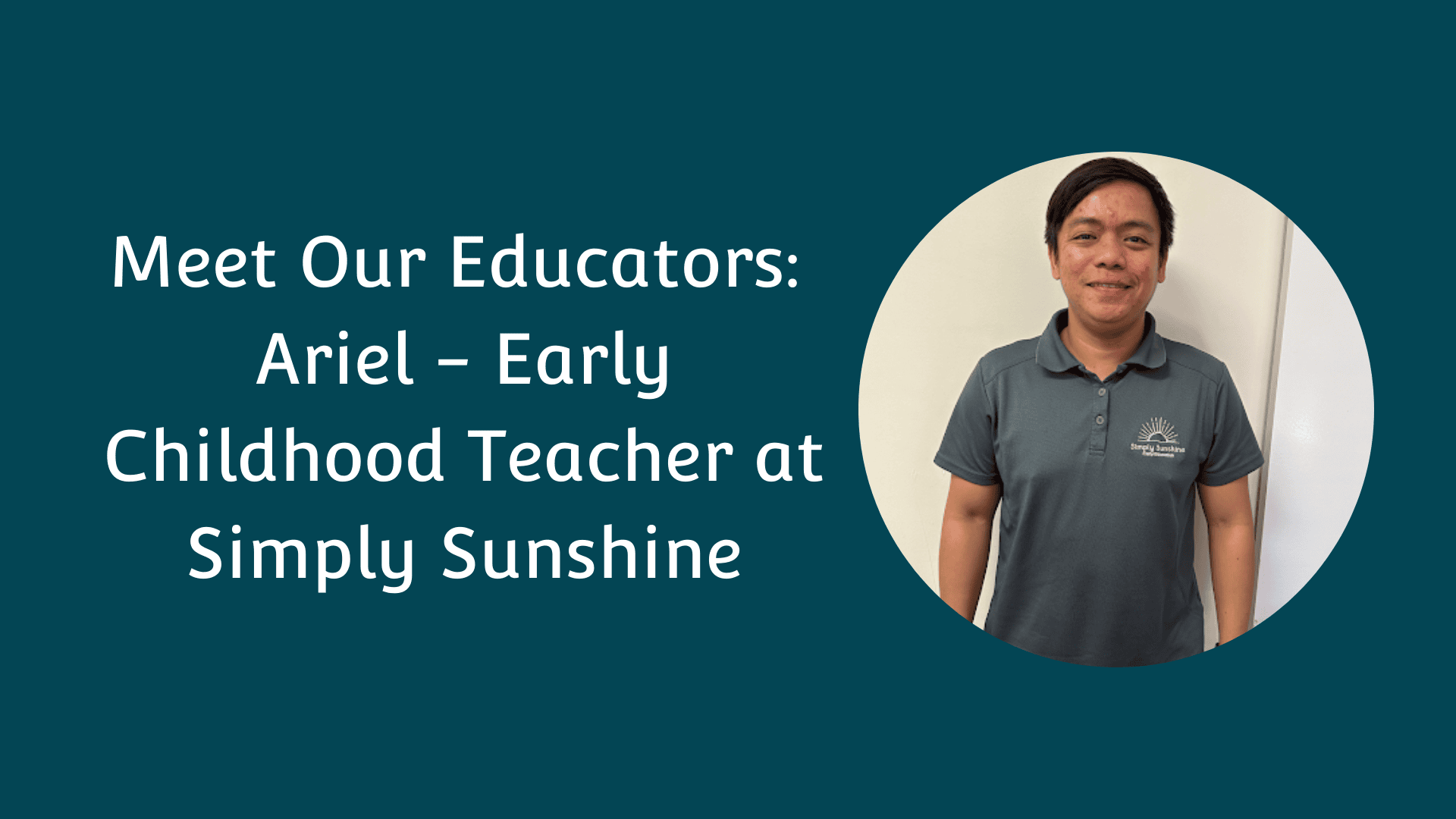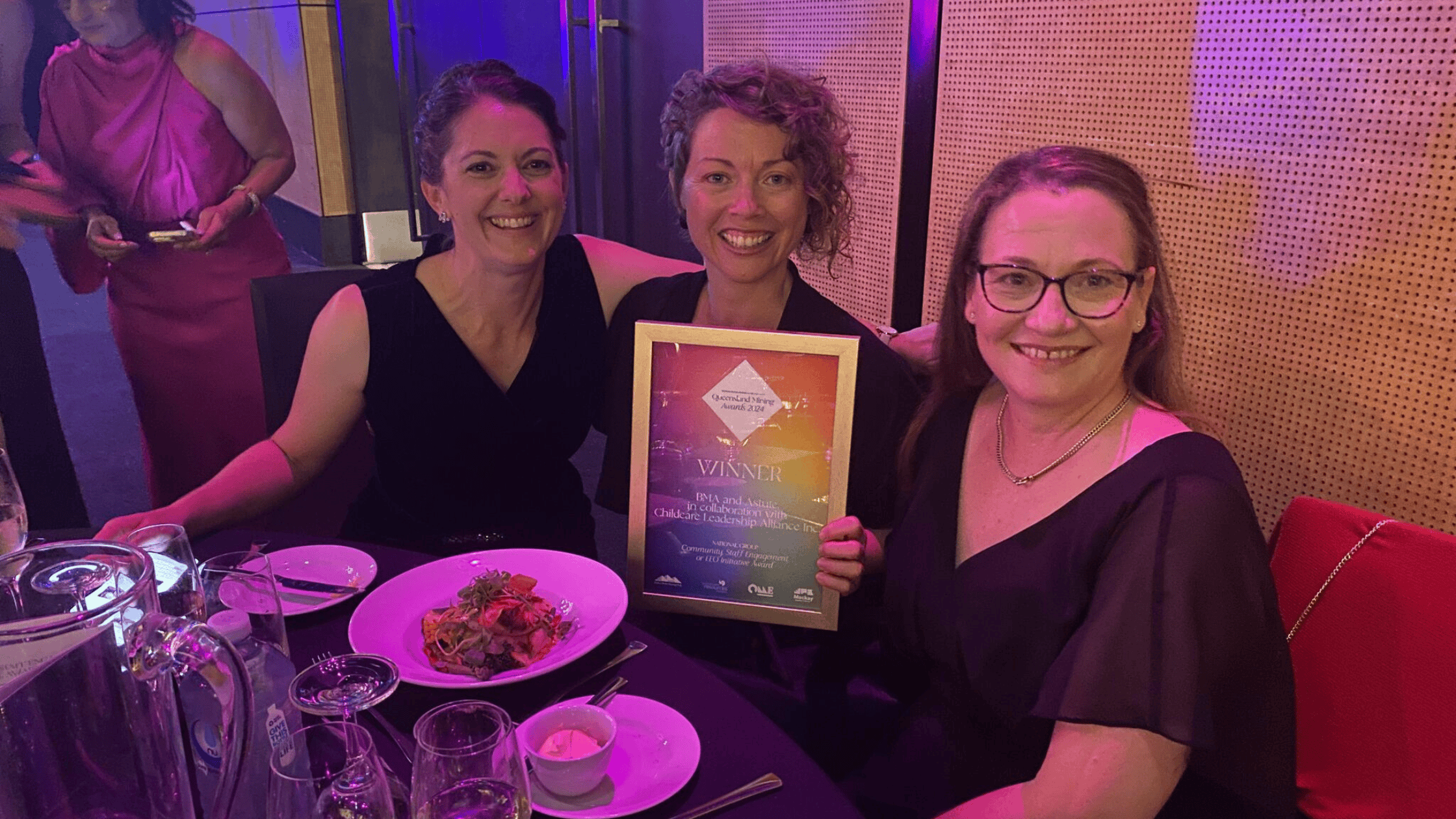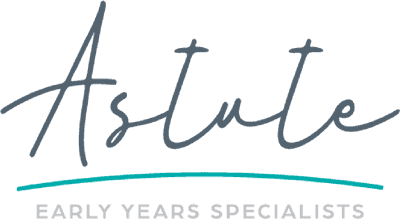Statistics can be scary! Did you know that 1 in 4 children is considered to be developmentally vulnerable (AEDC 2021). That’s 5 children in a group of 20!
Many children in Australia experience trauma or abuse in their early years, with children under 1 year old being most vulnerable (twice as likely to have a child protection substantiation – Australian Institute of Health and Welfare, 2022).
45% of children aged 0-5 years use an approved childcare service (Child Care in Australia Report 2021).
And neuroscience is telling us that
- The first five years last a lifetime
- The best learning happens in nurturing relationships
- Children are born ready to learn
- The brain develops through use
- Children’s well-being is critical to brain development and learning
(Department of Education & Children’s Services, South Australia 2010)
So we know that many of our children are developmentally vulnerable, learning during the first 5 years is critical, children spend a significant amount of time in Early Learning Centres and educators (and the relationships they develop) play a key role in children’s learning. So what are we doing about it?
Our educators need to know that they are caring for our most precious and most vulnerable resource – our children.
They need to know that the children in their care might be developmentally vulnerable.
They need to know that the children they look after each day might have experienced abuse or neglect.
And they need to know that no matter what background these children have come from – as educators they are making a profound difference.
They need to know what neuroscience says and that children’s brains are always growing, learning and developing.
They need to know that each time they speak to, or interact with a child they are building brain development.
They need to know that their impact on a group of children, or on a specific child cannot be undervalued. For some children, their early childhood educators are their constant. Their safety. Someone they can rely on.
This is why Early Childhood Education and Care is important.
Because this is what we do. We educate. We care. We get up each day and come to work.
We choose.
We make decisions about the language we use.
We research best practice.
We read, we learn, we attend conference and development days.
We respond to challenging behaviour with positivity and love.
We build relationships with children. We build relationships with families.
We care. We educate.
To learn more about the benefits of quality early childhood education and care click here.

